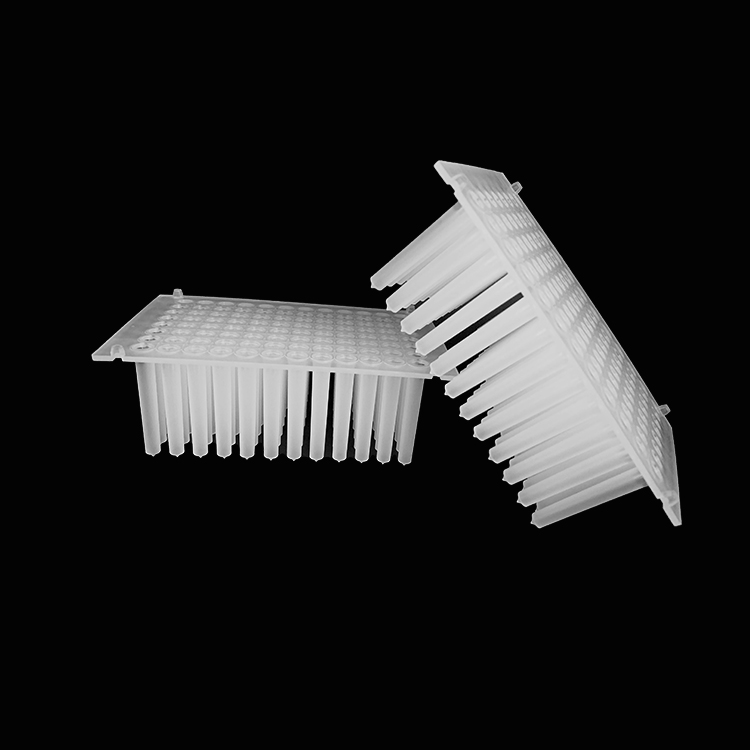The National Oil Corporation of India (IOC) signed an agreement with BP in November last year and the two sides initiated a feasibility study on building a 1 million-ton/year acetic acid plant in Vadodara, Gujarat. The project will become India's first world-class acetic acid plant and will use IOC's petroleum coke located at the Vadodara refinery as raw material. The process includes petroleum coke gasification and syngas production, which is scheduled to be completed in 2015. IOC is also advancing the construction of a 20,000 t/y 1-butene plant at the Panipat cracking plant in Haryana State. A company official said recently: "We are considering the ethylene dimerization process from France's Axens. The negotiations are under way and the factory is scheduled to be completed in 2014." The 1-butene produced by this factory will be directly It is used in Panipat's 650,000 tons/year PE device. IOC is also working on other C4 and C5 derivatives such as acrylic acid, acrylates and phenols. In addition, the company continues to study the feasibility of building a 700,000-ton/year PP plant in Paradip, Odisha.
The OPaL company in India is working to complete its previously-suppressed cracking complex with an ethylene capacity of 1.1 million tons/year in Dahlung, Gujarat, and plans to start production in 2014. Xincheng Industry Co., Ltd. is developing a new process and plans to open the line of metallocene low-density polyethylene (mLLDPE) before the end of this year. The company's PE plant in Maharashtra is being converted to a 120,000 to 130,000 tons/year mLLDPE plant. The current demand for Indian mLLDPE is approximately 100,000 tons, which is mainly met by imports, and is growing at an average annual rate of 10%.
As the demand for automotive demand in India is good, synthetic rubber is also attracting the attention of Indian companies. Prudential Industries will expand the supply of synthetic rubber through the construction of a 150,000-ton/year styrene butadiene rubber (SBR) and 40,000-ton/year butadiene-butadiene rubber (BR) plant in Khazra, Gujarat, which will be used in the two factories. Butadiene produced at Rhoda and Hazrah cracking plants is scheduled to go into production in 2013. In addition, Xincheng Industry is also establishing a BR plant in Jamnagar with Siebpur. GAIL is considering the construction of a 90,000-ton/year-old BR unit at Dahe as the downstream unit of the OPaL cracker. GAIL holds a 17% stake in OPaL.
However, there are still some projects that were originally planned due to the temporary suspension of the government's fiscal austerity measures. A key project of Xincheng Industry, a giant cracking complex in Gujarat, has yet to start. The postponement of the construction of the consortium plans to use the tail gas of the company's two refineries as raw materials, linked to the petroleum coke gasification plant. Due to the huge investment, the company is still studying the plan carefully. However, in the aromatics area, Prudential Industries continues to implement plans for a new plant for dicarboxylic acid in Jamnagar. The product can meet the needs of two of the existing refinery terephthalic acid plants in Dahe, and plans to reach Dahe. Create new cumene and phenol projects.
These tip combs are for use with the Pharma KingFisher Flex 96 Deep-Well Head Magnetic Particle Processor or MagMAX Express-96 Deep-Well Magnetic Particle Processor in combination with PrepSEQ ResDNA kits and ProteinSEQ kits.
Optimize performance using KingFisher Flex System consumables designed specifically for use with these instruments. KingFisher Flex disposable plastics (tip combs and microplates) are made of polypropylene and are ideal for magnetic particle processing because of their low binding affinity for biomolecules. Their special design enables excellent recovery of magnetic beads.
The tip combs are made of PP material, they can be used with 2.2ml square well V bottom and 0.5ml elution plates for the system KINGFISHER FLEX. The tip combs could suffer centrifuge 3000-4000 and don't change the original shape. The products are suitable for the standard ANSI and multi-channel Pipette Tips machnie and automatic equipment. We could accept OEM/ODM.
For use with Viral RNA extraction, DNA extraction, RNA/DNA quantification, immunopreciptitations and many more KingFisherâ„¢ applications
good chemical and physical resistance: e.g. phenols, chloroform, DMSO and temperatures as low as -80°C/-112°F

Tip Comb,Tip Comb Plate,Kingfisher Tip Comb,Tip Comb Kingfisher,Magnetic Tip Comb,8-Strip Tip Comb
Yong Yue Medical Technology(Kunshan) Co.,Ltd , https://www.yonyuemedical.com